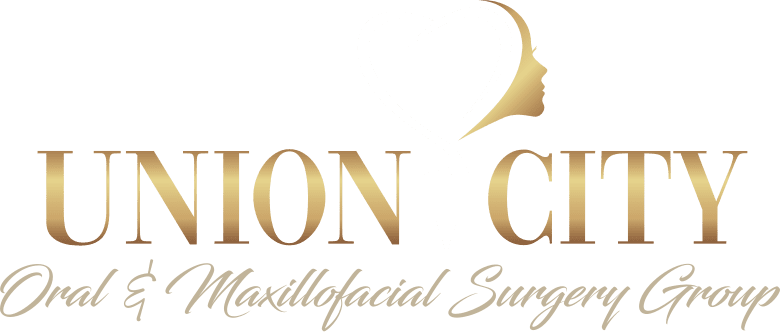Oral surgery can be a daunting prospect, especially when considering its potential impact on your daily activities, such as chewing and digesting food. Whether you are undergoing wisdom teeth extraction, dental implants, or jaw surgery, it’s crucial to understand how these procedures might influence your ability to eat. Oral surgery often involves significant changes to the structures of your mouth, which can temporarily or, in some cases, permanently affect your eating habits. Understanding these changes can help you better prepare and manage your recovery process.
At Union City Oral Surgery Group, we prioritize your comfort and satisfaction throughout your oral surgery journey. With over 25 years of experience, Dr. Nancy Herbst and our team are dedicated to providing state-of-the-art care to patients of all ages. Our goal is to ensure you receive the best possible outcome, allowing you to return to your normal eating habits as swiftly and smoothly as possible.
Immediate Post-Surgery Impact
The immediate aftermath of oral surgery typically involves some level of discomfort and swelling, which can affect your ability to chew. Swelling and pain can make it difficult to open your mouth fully, limiting the types of foods you can consume. Soft foods like yogurt, mashed potatoes, and smoothies are often recommended during the initial recovery phase to minimize discomfort while ensuring you get the necessary nutrients.
During this period, it’s essential to avoid foods that require a lot of chewing or that might irritate the surgical site. Hot, spicy, or acidic foods can exacerbate pain and slow down the healing process. Instead, focus on nutrient-rich, soft foods that are easy to swallow and gentle on your healing tissues. Staying hydrated is also crucial, as dehydration can hinder recovery and increase discomfort.
Oral hygiene plays a vital role in recovery. Gentle rinsing with salt water can help keep the surgical area clean and reduce the risk of infection, which could further impact your ability to eat comfortably. Following your surgeon’s post-operative care instructions is essential to ensure a smooth recovery and minimize complications that could prolong dietary restrictions.
Long-Term Changes to Chewing and Digestion
Once the initial recovery phase is over, some patients may experience longer-term changes in their ability to chew and digest food, especially if their surgery involved significant alterations to the jaw or teeth alignment. Dental implants and jaw realignment surgeries, for example, can require an adaptation period where patients learn to chew differently.
Chewing is a critical first step in the digestive process, breaking down food into smaller pieces and mixing it with saliva to aid digestion. If your chewing ability is compromised, it can lead to larger food particles entering the digestive tract, potentially causing indigestion or other gastrointestinal issues. Adapting to new dental structures can take time, and practicing mindful eating techniques, such as chewing slowly and thoroughly, can help mitigate these issues.
Physical therapy and exercises recommended by your oral surgeon can improve your chewing efficiency. These exercises help strengthen the muscles and tissues around the surgical site, promoting better functionality and comfort during eating. Over time, most patients find their ability to chew and enjoy a variety of foods improves significantly.
Nutritional Considerations During Recovery
Maintaining proper nutrition during the recovery phase is critical for healing and overall health. Immediately after surgery, a diet rich in vitamins and minerals supports the body’s natural healing processes. Protein is particularly important as it aids in tissue repair and regeneration. Soft protein sources like eggs, cottage cheese, and protein shakes can be beneficial during this time.
Vitamins A and C, as well as zinc, are also essential for wound healing. Incorporating foods high in these nutrients can expedite recovery and improve your overall well-being. For instance, blending fruits and vegetables into smoothies can provide a nutrient-dense option that is easy to consume and gentle on the surgical site.
As you transition back to a more varied diet, it’s important to reintroduce foods gradually. Start with softer foods and progressively add more texture as your comfort and chewing ability improve. This gradual approach helps your digestive system adjust and prevents undue strain on the healing areas.
How Can Union City Oral Surgery Group Help You?
At Union City Oral Surgery Group, we understand the challenges of oral surgery and its impact on daily life, including eating and digestion. Our team, led by Dr. Nancy Herbst, is committed to providing comprehensive care before, during, and after your surgery. We utilize the latest techniques and technologies to provide the best outcomes for our patients.
Contact Union City Oral Surgery Group today at (201) 601-9262 or visit our contact form at https://www.unioncityoralsurgerygroup.com/appointment-request/ to schedule your consultation and learn more about how we can help you regain your oral health and enjoy your meals again.


